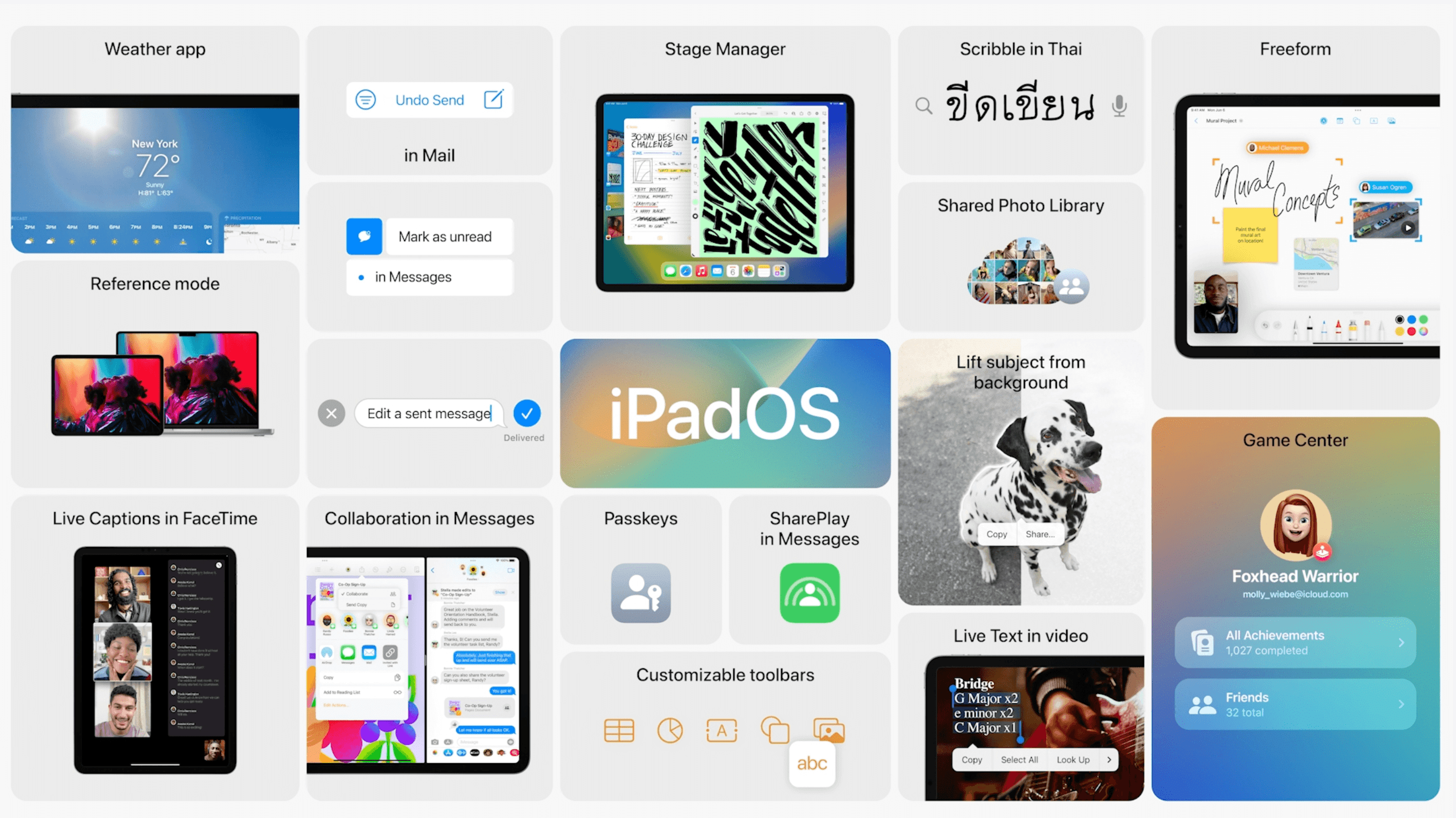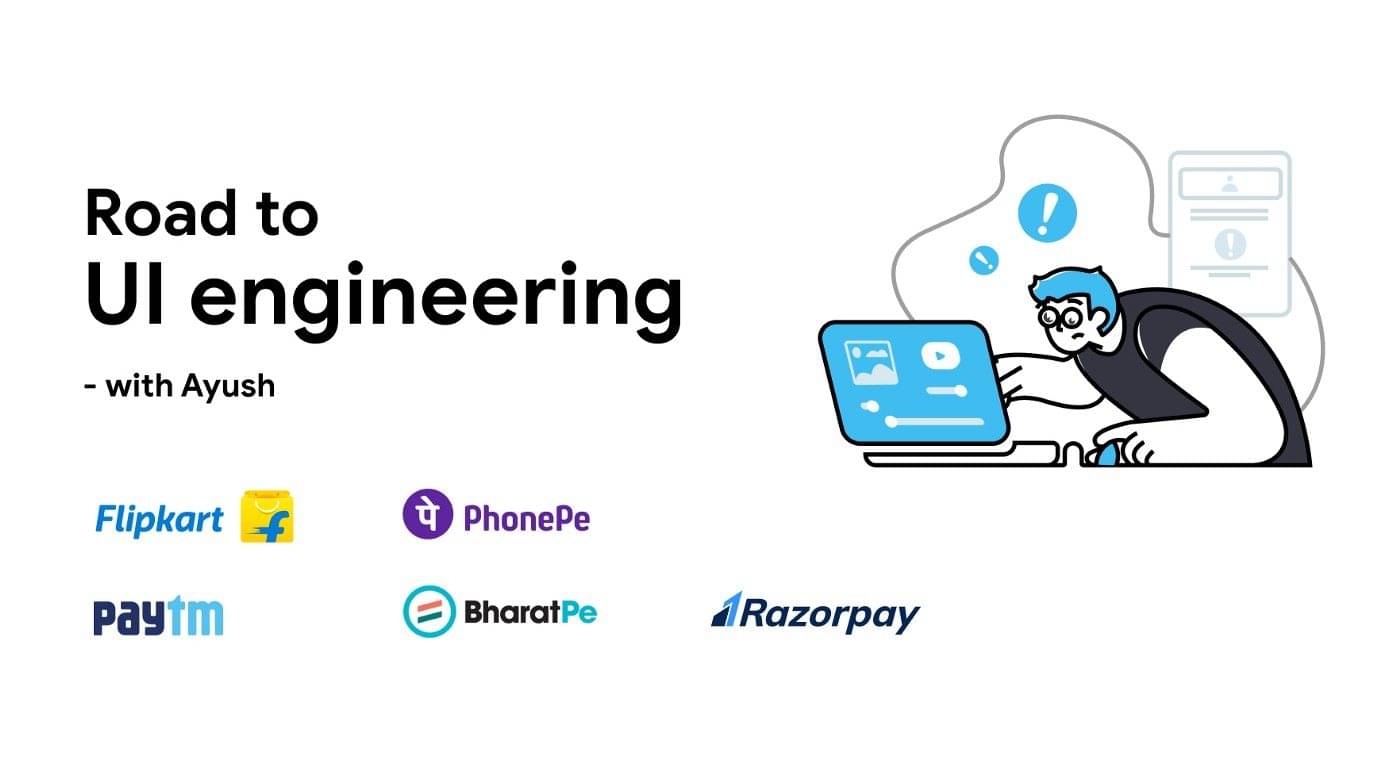Code review is a contentious point. If you ask around mobile app development companies, you’ll hear all sorts of things about it, from “unfair” and “unreasonably expensive” to “motivating” and even “good for workplace culture.” In reality, it can be all of those things — and more. As with every tool, it only works when applied properly and after some fine-tuning.
Why Do Code Review
With all the neat trends like codeless development, it might be tempting to think that code review is a thing of the past. And, considering how much resources it requires, code review can become a real issue forprojects on a tight budget.
At the same time, skipping on it can have dire consequences. According to thereport by NIST, the cost of fixing defects multiplies for each subsequent stage of the development cycle. So, for instance, if you fail to catch a major bug during coding, it’ll cost you three times more during acceptance testing and six times more during production.
And even if you are prepared to deal with bugs by throwing money at them, there are still good reasons to perform code review:
- Consistency: Regular reviews help maintain the codebase uniform, simplifying the tasks for large teams with migratory developers.
- Structural Issues: Aside from slips and accidental errors, reviews are effective at uncovering dead code and similar issues unnoticed by internal team members.
- Knowledge Sharing: Communicating the review findings to the dev team will refine their expertise and serve as a valuable source of insights.
- Motivation: Simply knowing that someone will go through your work will keep you focused and motivated to perform better.
- Compliance: Code review is indispensable (and often mandatory) for completing the product approval process.
When Not to Use
To be fair, code review is still not a one-fits-all solution. There are plenty of situations where over-reliance on it will be inefficient or even counterproductive. For instance, small-scale projects with short timeframes would not benefit from an entire extra stage in the development process and may do just fine by simply following good coding practices. The same can be said for apps that have a well-defined purpose and are not meant to scale or grow over time (as long as the scope of the project is determined realistically, that is).
Over-reliance on code review is another issue. While it can massively improve the quality of a product, mobile app development companies shouldn’t view it as the only quality assurance policy, or even the main one. In other words, writing good code from the start is equally important.
Finally, there’s the challenge of drawing the line. Once the code review process is left unchecked, it may become a goal in and of itself, resulting in reviewers requiring changes just for the sake of it. Not only will it stretch an already time-consuming process even more, it will also demotivate the developers. After all, there’s no use in trying if you will have to start over anyway, so be specific in setting the quality standards and apply it in moderation.
What to Expect from Code Review
Code review is a specific aspect of the development process. Nevertheless, when properly integrated into the workflow, it can actually have a range of beneficial organization-scale effects on workplace culture.
- Raises Quality Standards: the motivation effect mentioned above can actually propagate to other areas of work, fostering the mindset of commitment to quality.
- Hardens Security: A fair review will prompt developers to go beyond security best practices and exceed the expectations of the reviewers by addressing vulnerabilities in creative ways.
- Facilitates Teamwork: A well-organized feedback is a good place to hone conflict resolution skills that can be used to improve climate throughout the workplace.
- Promotes Openness: Getting used to offering your work for review is helpful for applying this idea in other areas instead of viewing it as a threat.
- Offers Gratification: Receiving credit for good work where credit is due is actually a powerful social motivator and can work miracles on team results in the long term.
How to Do It Better
Despite all its benefits, code review is certainly lengthy and resource-heavy. If you notice that its load on the workflow does not justify the effort, there are still ways to improve it. First, try to distribute the load evenly among reviewers. Some development companies even choose to share this task across the entire team to eliminate the bottlenecks.
Second, pinpoint the critical stages like merging upstream and make sure each is accompanied by the respective review. Finally, make sure the review process is presented in a way that is motivating rather than intimidating to leverage thepositive effects of peer pressure.
Final Thoughts
As you can see, code review is not the ultimate QA solution. In fact, it’s not even suitable for every single project. So, as with every other tool, it should be used with care and precision. You cannot simply slap it over the project and wait for results, yet with some fine-tuning, your efforts will pay off.






